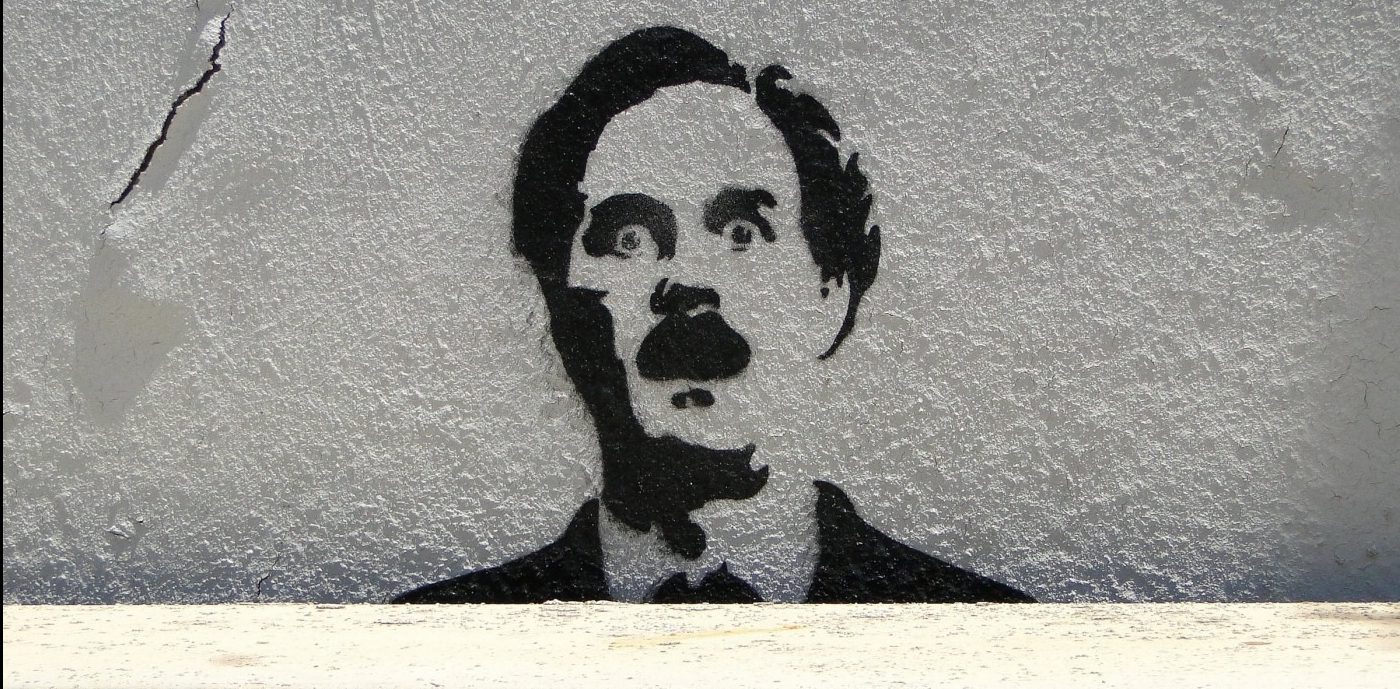‘Fawlty Towers’ and the like – how does it hold up?
Comedy reflects culture, and culture is changing faster than ever. Of course, comedy itself may have started with the Ancient Greeks, but it’s rare to see the works of Homer and Aristotle getting loud laughter when performed. Comedy is also subjective, which makes it one of the most divisive genres. Apparently, some love Mrs Brown’s Boys after all. Culturally the 70s was a lot different from today and included everything from the breakup of the Beatles to the creation of Microsoft, but they also included attitudes and beliefs that many would be shocked were ever allowed. So how does something that is created to push boundaries and challenge what we deem acceptable hold up 50 years later?
One of the first British sitcoms that comes to mind from the 70s is the beloved Dad’s Army, which followed a regiment of the territorial army during the Second World War. Created by Jimmy Perry, the show ran for nine series and regularly gained audiences of around 18 million.
It works as a reflection of what the 70s were like, but that sadly does not translate easily for modern audiences
But has it aged well? According to critics, certainly. In 2004, Dad’s Army ranked fourth in a BBC poll for the best British sitcom, and four years earlier, it ranked 13th in a list of the greatest British television shows of all time by the British Film Institute.
Despite this, however, it seems that Dad’s Army may have lost some of its popularity over recent years. The territorial army is a long-forgotten memory for most, and Dad’s Army doesn’t satirise war for a modern audience as well as, say, ‘Blackadder goes forth’, because it isn’t trying to. The show worked for its target audience, which was the population in the 70s, and it works as a reflection of what the 70s were like, but that sadly does not translate easily for modern audiences. This is further shown by the poorly reviewed 2016 revival, showing that maybe the show’s time has passed.
But what if one show could defy the odds? One of the most iconic and persevering comedy shows from the 70s has to be Fawlty Towers. Created by Monty Python’s John Cleese alongside his wife Connie Booth, the show only ran for 12 episodes, making the fact that we still talk about it today a testament to just how good the episodes were, and still are. The show gained a huge variety of famous fans, from John Lennon to Martin Scorsese. Ricky Gervais even cited it as the reason The Office is only two series long. Cleese and Booth clearly cared about the legacy the show would have, choosing to end it in its prime rather than drag it out too long.
Fawlty Towers’ influence on subsequent comedies have made its jokes and comedic timing still feel just as fresh and unique to a modern audience as they would have at the time
Probably the show’s most famous episode is the series 1 finale titled ‘The Germans’, which involves a group of German tourists visiting the hotel. Although this episode may cross the line a few times with its jokes, in general, the material has aged pretty well. The truth is, if a current audience finds that the jokes may go slightly too far, then there is no doubt a 1975 audience would have felt the same. Only 30 years after the end of World War II, many watching would have lived through the war. Also, Fawlty Towers’ influence on subsequent comedies have made its jokes and comedic timing still feel just as fresh and unique to a modern audience as they would have at the time.
If Fawlty Towers has aged well, one thing that definitely hasn’t is The Black and White Minstrel Show, which ran from 1958 until it was cancelled in 1978. If something was too controversial in 1978, you can only imagine what it feels like to a modern audience. The show’s racist portrayals of minority groups led to protests to cancel the show all the way back in 1967, but it was only in 1978 that the BBC saw fit to finally cancel the show.
It is unfair to judge something 50 years old by our modern standards
Although the BBC at the time called it ‘good-hearted family entertainment’, it is clearly reflective of just how seeped racism was in society in the 1970s—that blackface and cultural stereotyping would have seemed appropriate for the whole family sat around the TV. It is also worth noting that, despite being cancelled, the show continued to tour live on at Butlins across the country until 1989.
So, in summary, it seems that the 70s are just as much a mixed bag as modern British comedies are, albeit more overtly controversial. But a show not ageing well should not detract from its value, as it is unfair to judge something 50 years old by our modern standards. If a show does manage to remain relevant and funny, it’s a testament to just how well it managed to influence the culture it was aiming to reflect. In 50 years, who knows what people will think of today’s comedy shows? Maybe they’ll even like Mrs Brown’s Boys.

Comments